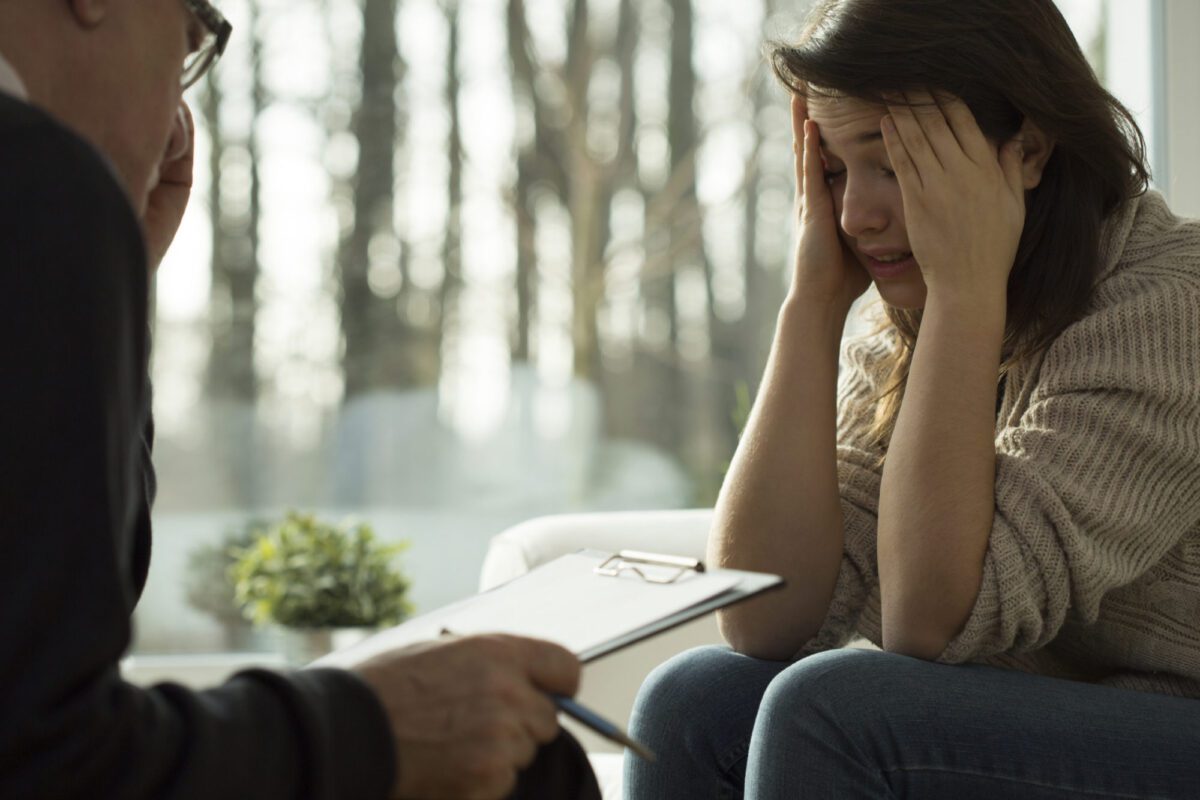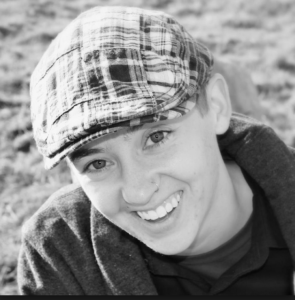
Owen Karcher is an art therapist in Madison who specializes in helping LGBTQ survivors of domestic and sexual violence. In an article called “Healing through Understanding,” Karcher told Isthmus that therapists often fail to take culture and identity into account when helping people recover from trauma.

“It’s important to understand, contextually, what people are walking [into therapy] with,” he said. “When you don’t show that you’re welcome and inclusive of LGBTQ folks, you run the risk of the assumption of the opposite.”
At last fall’s Conference on Child Sexual Abuse, sponsored by the University of Wisconsin-Madison’s Division of Continuing Studies, Karcher presented a session on “Fostering Inclusive Practice: Working with LGBTQ Survivors of Violence.” It helped therapists understand the particular needs of lesbian, gay, bisexual, transgender, and queer survivors of sexual abuse.
The Conference on Child Sexual Abuse featured other presentations on cultural identity, including “Working Effectively with Latino Families and Survivors.” The workshop explored the barriers to addressing sexual assault in Latino families.
Presenter Celia Huerta, a bilingual therapist, told Isthmus that understanding a Latino client’s cultural background helps providers pick up on signs that might not be obvious otherwise.
“It’s kind of shocking, but one out of two Latinos are dropping out of mental health services,” Huerta said. “Here in Dane County, it’s attributed mainly to differences in culture.”
Huerta thinks agencies can benefit from hiring more minority service providers.
“It will take work,” she said, “but I think it can be done.”